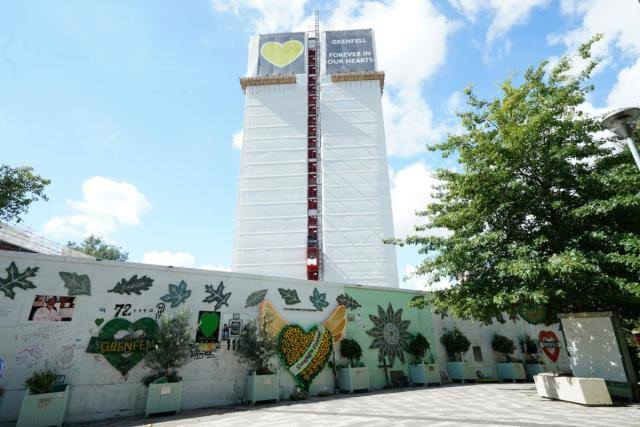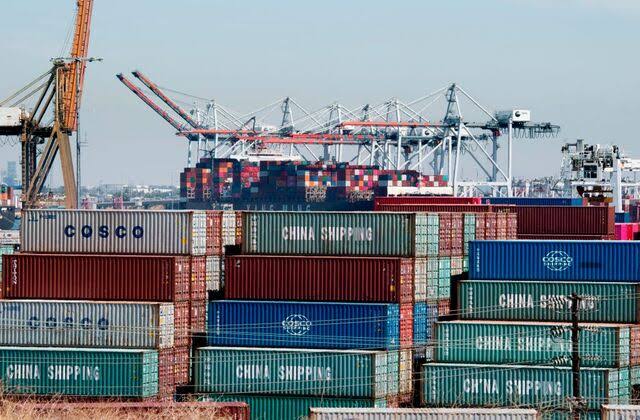A de facto ceasefire between Congolese forces and Rwandan-backed rebels in the eastern town of Walikale appeared to collapse on Monday, as the rebels reneged on their commitment to withdraw and accused the army of breaching its own agreements.
The possibility of a ceasefire in Walikale, which the M23 rebels seized last week, had briefly raised hopes for reviving stalled diplomatic efforts aimed at resolving the largest conflict in eastern Democratic Republic of Congo in decades.
This conflict, stemming from the aftermath of the 1994 Rwandan genocide and competition for mineral resources, has resulted in rebel control over the two largest cities in eastern Congo, thousands of fatalities, and concerns about a broader regional war.
However, less than 48 hours after the rebels declared their intention to withdraw from Walikale and the Congolese army stated it would not engage them, the arrangement seemed likely to follow the path of numerous previous failed ceasefires.
Lawrence Kanyuka, spokesperson for the M23’s Congo River Alliance (AFC) rebel coalition, accused the army and its allied militias of failing to remove their attack drones from Walikale.
“This situation hinders the repositioning of AFC/M23 forces in the area,” he stated on X. “It is important to recognize that this action poses a significant barrier to upholding the ceasefire and jeopardizes ongoing peace initiatives.”
Army representatives did not immediately provide comments in response to inquiries.
Residents of Walikale, which represents the furthest west the M23 has advanced since intensifying their offensive in January, reported that rebel fighters remained present in the town on Monday morning.
“They haven’t left. They are still visible in the town center,” one resident said, requesting anonymity for safety reasons.
PEACE TALKS
Efforts to engage the Democratic Republic of Congo and the rebel factions in negotiations have consistently fallen short.
Last week, the two parties were set to engage in direct discussions for the first time in Angola, following Kinshasa’s decision to abandon its long-standing refusal to negotiate with the rebels. However, the M23 group withdrew from the talks in response to European Union sanctions imposed on its leaders and Rwandan officials.
On Monday, Angola announced its withdrawal from mediating the conflict, indicating that another African nation would assume this role.
President Joao Lourenco, who currently chairs the African Union, had been working towards establishing a sustainable ceasefire. However, his office released a statement indicating that Angola needed to focus more on the broader priorities of the AU.
The Angolan government expressed dissatisfaction last week regarding an unexpected meeting orchestrated by Qatar’s emir between Congo’s President Felix Tshisekedi and Rwandan President Paul Kagame, emphasizing its preference for African-led solutions to African issues.
During that meeting, Tshisekedi and Kagame voiced their support for an immediate ceasefire, but the M23 group stated that it was not obligated to adhere to those calls.
Congo, along with the United Nations and Western nations, accuses Rwanda of supplying arms and troops to the M23, which is led by ethnic Tutsi.
Rwanda refutes these allegations, asserting that its military actions are purely defensive against the Congolese army and a militia formed by those responsible for the 1994 genocide.
In a statement released early Monday, prior to M23’s comments regarding the ceasefire, Qatar’s government expressed optimism about the recent developments, labeling them as “a significant positive step toward achieving stability and peace in the region.”





